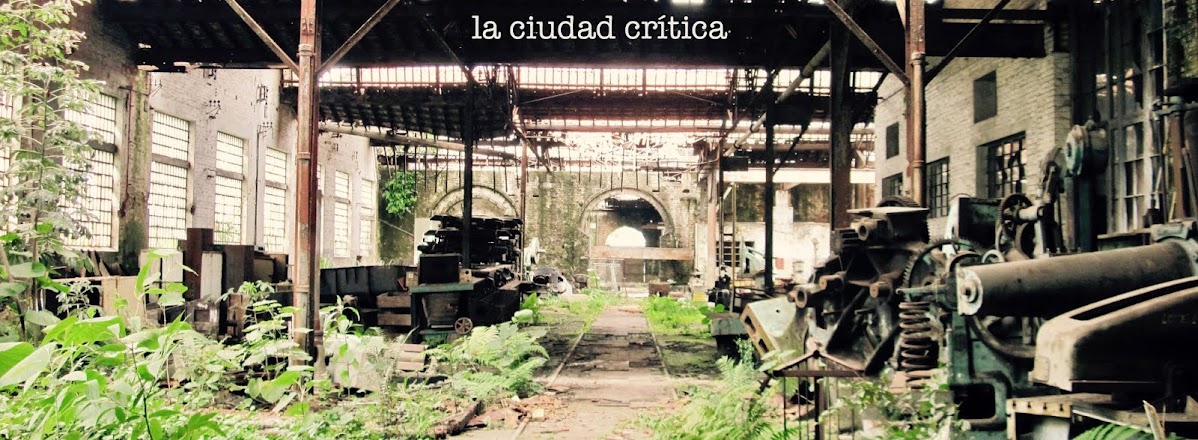There is no reason why Spain should not have become one of the major industrial powers of Europe; it was prevented from doing so, however, during the nineteenth century by a political and religious system which forced the country to live to an altogether unreasonable extent in the past, with disastrous effects on the standard of living of the mass of the people, The result is that agriculture is still the main source of livelihood - four people work in agriculture, forestry and fishing, for every three employed in manufacturing - and the country's natural resources are far from adequately exploited. On the other hand, considerable efforts have been made during the past 20 years to secure a more reasonable investment in industrial development and modernisation and to improve technical and scientific education, which is nearly as poor as in Greece. There is considerable leeway to be made up at the lower levels of education, too: in 1960, 14 per cent. of all persons aged 10 or over could neither read nor write.
The present situation is that the province
of Barcelona accounts for 20 per cent. of Spain's
industrial production, including 75 per cent. of its textile capacity and 60
per cent. of its metallurgy. Barcelona is the driving force behind the most
progressive and most prosperous region of Spain, Catalonia, which comprises the
provinces of Barcelona, Gerona, Lérida and Tarragona. In Catalonia as a whole,
nearly half the working population is engaged in manufacturing industry. Much
of this industry, however, is carried on in very small units, as a walk through
the older parts of Barcelona will make clear.
HUDSON, K. (1971): A guide to the Industrial Archaeology of Europe, Bath, p. 131.
Fábrica textil de Can Cuadras, Sabadell (archivo fotográfico E. Deu, vía M. Llonch).

